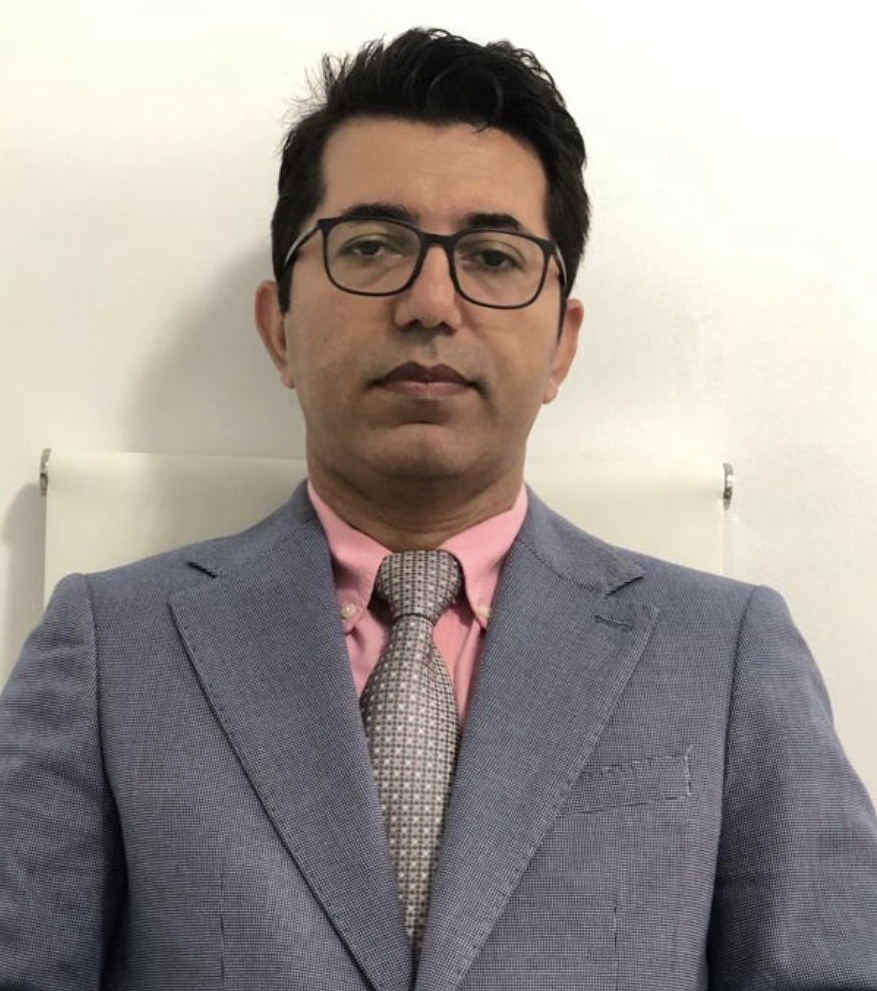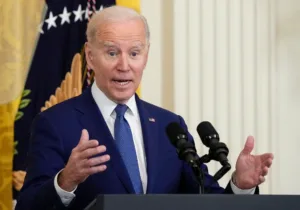Within the space of a few months, Iranian proxies and allies in Iraq and Lebanon suffered significant setbacks in parliamentary elections. Some commentators have ventured that the era of Tehran’s hegemony may be over. While it is hard to predict the final outcome of these electoral shifts, such hopes might be premature.
Iran has dominated Iraqi politics since the downfall of Saddam Hossein in 2003. After the US invasion, the Islamic Revolutionary Guards Corps (IRGC) and its foreign operations division, the Quds Force (QF), moved swiftly to expand the regime’s influence. Qassem Suleimani, the then QF commander in charge of the complex operation, described Iraq as a “Shiite empire” and used a mix of hard and soft power through an extensive network of proxies to turn Iraq into a client state.
Politically, in a technique honed in Lebanon known as “ballot and bullet,” the Iranians pushed the Shiites to dominate the political process. They turned the oil-rich south into an “Iranian protectorate,” hoping to make inroads into Sunni as well as Kurdish areas. For the ambitious Suleimani, the end game was to turn Iraq into another Lebanon, putting its vast resources within reach of the regime. In a letter to General David Petraeus, who was in charge of American troops in Iraq, Suleimani famously wrote, “I, Qassem Suleimani, control the policy for Iran with respect to Iraq, Lebanon, Gaza, and Afghanistan.”
Using their militias as political factions, the IRGC-QF managed to install Nouri al-Maleki, as prime minister of Iraq in May 2006. The Maleki government, which purged Sunni officials from the government and ethnically prioritized resources, resulted in a virtual civil war. Many Sunnis joined the splinter al-Qaeda group under the notorious Abu Musab al-Zarqawi to fight the American forces and the Shiites. The group morphed into the Islamic State of Iraq and Syria (ISIS), which in 2014 overran large swaths of Iraq. Critics, including Muqtada al-Sadr—the head of the most prominent Shiite grouping, the Sadrist movement—blamed Suleimani and Maleki for fomenting virulent ethnic strife.
Although al-Sadr at times accepted help from the IRGC-QF and spent time in Tehran, his relations with the regime are problematic. The volatile politician was offended by the hard-charging Suleimani and, after adopting a populist stand, implied that Iran was an occupying force that exploited Iraqi resources and promoted corruption. The Sadrist movement was behind several protests against the Iranians. In 2018, amidst cries of “Iran out,” demonstrators set fire to the Iranian consulate in Basra, a historical stronghold of Sadr. Pro-Iranian militias suppressed the wave of protests, outraging the Sadrists.
The deep split between the pro-Iranian Shiites and Sadr came into the open after the October 2021 parliamentary elections. His party, the Sairoon (“Moving Forward”), won 70 seats in the 329-seat parliament, paving the way for a coalition with the Sunni Sovereignty bloc and the Patriotic Union of Kurdistan (PUK). Ominously, Sadr excluded the Coordination Framework, the alliance of the pro-Iran Shiites electoral list. Greatly alarmed, the regime dispatched Ismael Ghani, who succeeded Suleimani, to persuade Sadr to create a “national consensus government,” a reference to the Coordination Framework parties.
In a parallel move, during talks with the Sunni and Kurdish politicians, the regime warned that an “alliance with Sadr without us would deepen the crisis and portend great dangers.” A thornier issue is the Popular Mobilization Force (PMF), a bastion of the pro-Iranian militias. Sadr has contended that the government in Baghdad needs to disband the PMF, which is part of the Iraqi security apparatus. In his word, the PMF needs to hand over its weapons to the government and surrender “corrupt individuals to the judiciary.”
In Lebanon’s parliamentary election on May 15, Amal and the Free Patriotic Front, a Christian party led by Michel Aoun, lost seats, ending the long-running Hezbollah-led coalition. The results are hardly surprising. Having control of key ministries, Hezbollah created a convoluted state-within-a-state system using the country’s resources to support its Shiite base. The economy has collapsed, and the country has endured endemic corruption, mismanagement, and a banking scandal. The currency lost most of its value, and services from trash collection to electricity failed.
In 2020, an explosion in the Port of Beirut, the largest non-nuclear explosion in history, killed more than 200 people and devastated the downtown area. Many blamed Hezbollah, which allegedly stored explosives there. European countries and the International Monetary Fund conditioned a proposed multibillion bailout on a radical reform of the economic system, a move that Hezbollah, fearful of losing its lucrative position, refused to undertake.
The election results have challenged Hezbollah’s dominance in Lebanon. The biggest winner of the May ballot is Samir Geagea, whose Lebanese Forces Party, with 21 mandates, surpassed the Free Patriotic Movement as the largest Christian party. Geagea, who spent 11 years in solitary confinement after a disputed trial, is a bitter enemy of Hezbollah and its Iranian patron. Speaking to reporters after the election, he promised to form a government that would return sovereignty to Lebanon and disarm the militia. By the latest count, the Lebanese Forces, which Saudi Arabia supports, can count on other parties and independents to form an anti-Hezbollah coalition in the 128-seat parliament.
In the face of political setbacks, the Iranian regime’s first line of defense is obstructionism. As noted, the Iranians mobilized their proxies to prevent the formation of a new government in Baghdad, prompting Sadr to discuss “national resistance,” an oblique warning to unleash his militia, Saraya al-Salam. The IRGC-QF dismissed Sadr’s declaration as posturing, hinting that their battle-hardened militias would win in a confrontation with the Sadrists. Although Suleimani’s vision of Iraq as a “new Lebanon” did not come to pass, Iraq is crucial to the regime’s efforts to keep its extensive economic trade links and subvert nuclear-related sanctions. Iran is even less likely to relinquish its hold on Lebanon, sustained through Hezbollah’s state-within-a-state construct. Having equipped the militia with nearly 150,000 projectiles, including short and medium-range precision-guided missiles, the regime expects Hezbollah to retaliate should Israel strike Iran’s nuclear facilities. The IRGC media made this point clear, declaring that Lebanon has only two options: to create a national unity government to “save the country from the current crisis and move towards stability” or face a deadlock in government formation.
Tehran’s overall message to all of those who put their faith in democracy in Iraq and Lebanon is particularly grim. The regime is resolved to subvert the results of the elections at any cost. Barring a new civil war, Iran is here to stay.







 Sponsor a student for Christianity & National Security 2024
Sponsor a student for Christianity & National Security 2024